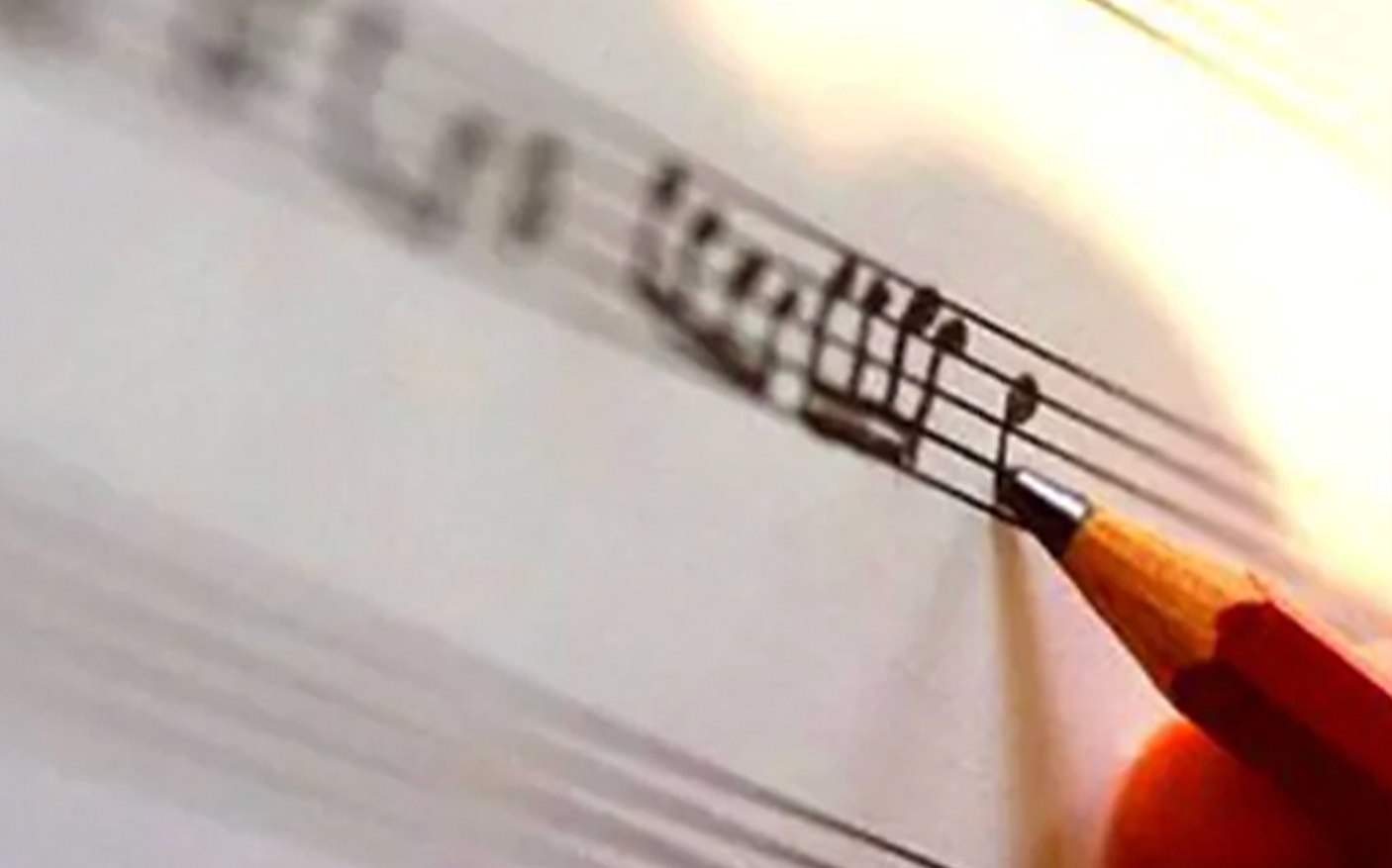1. Write through it. If you can’t write a good tune, write a bad tune. One you don’t necessarily like. Often, you’ll end up adding a really great element to it ( like amazing drums or a tasty bassline ). Then that element inspires you to change all the parts you didn’t like at first and make a good tune.
2. Start with a finished tune you were last happy with and change the bassline and the drums, FX, melodies and the structure one by one until you have a totally different tune. This is especially useful if you find it daunting starting from a completely blank screen in your DAW.
3. Similar to the last one. Make someone else’s tune initially. Bear with me on this. I’m not saying to rip someone else’s work off. I’m saying listen to your favourite song in the style you’re trying to make and try and recreate it as well as you can in your DAW. Then change everything about it like in 2). Change the bassline, percussion, FX, melodies, structure etc… until it’s a totally original work that sounds nothing like the tune that inspired you.
4. Write a different genre. If you write Jump Up DnB, try writing some Liquid, Jungle or even some Hip Hop. It’s great for learning tips and tricks about your DAW and plugins that you can then use in your genre of choice and you will make your tracks much more diverse by doing crossover tracks that combine other genres with your favourite one.
5. Change your state of mind. Some producers have a drink or a joint while they work, others don’t. If what you’re doing isn’t working, try something else.
6. Collaborate in person. I know we live in a technologically advanced age where people on opposite sides of the world can collaborate on music but there’s no better way to work than in the same room, bouncing ideas off of each other and getting instant positive feedback for your good ideas. Collaborate with other producers, vocalists, beatboxers, saxophone players even if it’s just to jam.
7. Give yourself deadlines. An excellent challenge is the tune a day challenge where you try and make the best tune you can in a day. However it is at the end of the day, that’s it. You don’t go back to it. This is great fun if you have friends also doing the challenge, you can turn it into a competition if you’re the same standard. If you can only produce 2-3 hours a day because of other commitments then adjust the deadline accordingly.
8. Buy a new sample pack. If you’re not getting inspiration from your current sounds and drums, then for a small amount of money, you can get some new ones. Try to use the samples in original ways. Be wary of using whole loops from sample packs as others with the same pack will know. Not to mention the satisfaction you get from building your own loops out of 1 and 2 hit snippets that sound even better than any of the ready made ones in the pack.
9. Watch YouTube tutorials. They’re free and they can really help inspire you. Especially if the reason you’re stuck is because you don’t think anything you’re making sounds professional enough. Tips on drum compression, EQing and using vocals properly can really step up the quality of your beats almost instantly. There are 100 ways to do the same thing in production though so be aware that the person teaching you in the video is just showing you their way. Let their information inspire you, not limit you.
10. Try using a different DAW, a new synth or even outboard equipment if you have access to it. Try it out on a friend’s computer or at the very least read reviews first to see if it’s your cup of tea before you part with any cash. This can be a great way to stimulate productivity. A change is as good as a rest as they say. Jamming away on a keyboard (even if you have no music theory knowledge) is a very organic way to get inspired if you’re used to writing in the midi notes with a mouse using trial and error.


